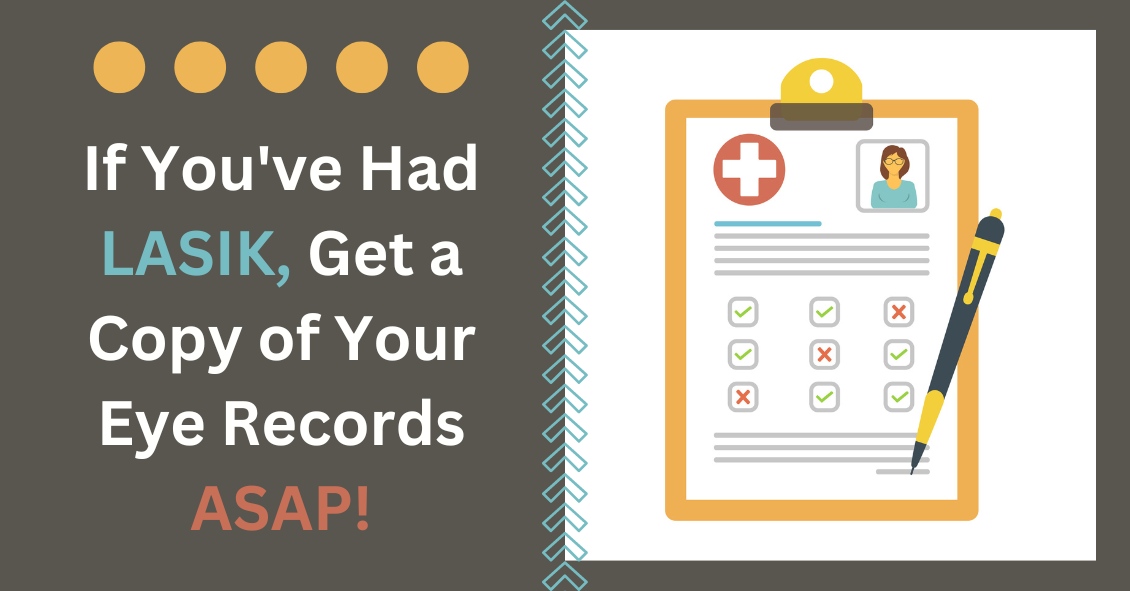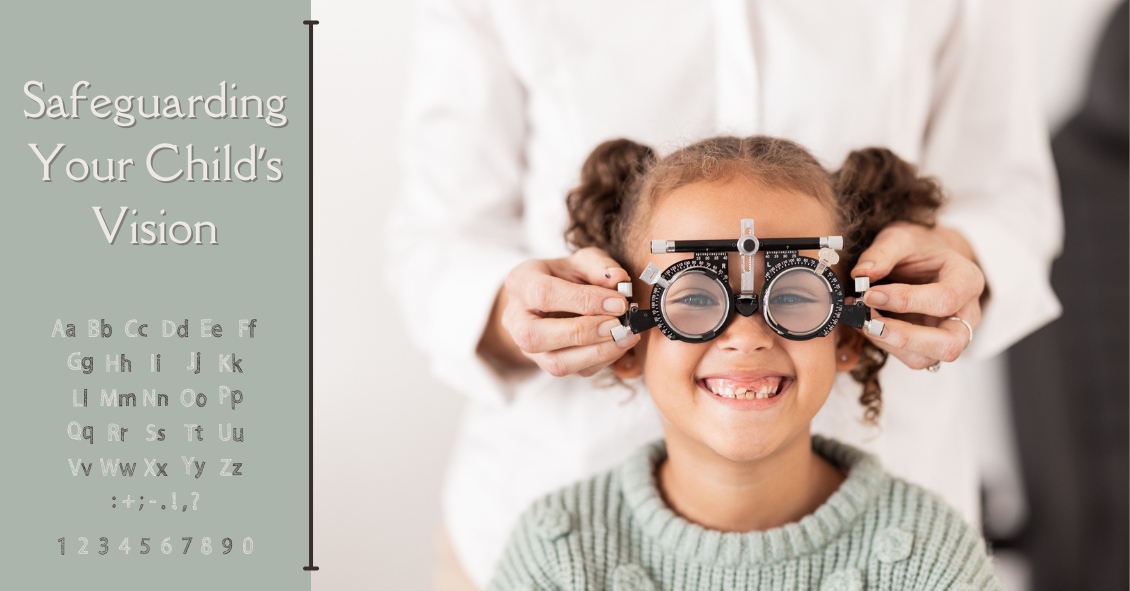Latest Office News
- Details

Motherhood...the sheer sound of it brings enduring memories. A mother’s touch, her voice, her cooking, and the smile of approval in her eyes. Science has proven that there is a transference of
- Details

No this is not a late-night personal injury lawyer infomercial.
This is a recommendation that you have your LASIK records available, for your own good, later in life.
There are 2 million cataract surgeries
Read more: If you've had LASIK, Get a Copy of Your Eye Records ASAP!





